The cognitive ethologist Mark Bekoff stated that each animal represents a way of knowing. This, in my view, is one of the most interesting and fertile ways of not only describing the different modes of existence present among animals, whether they are ticks, social spiders, Kenyan baboons or dogs on the streets of Santiago, but above all of taking into consideration the immense diversity of manners of interacting with a world. Drawing inspiration from the German biologist Jakob von Uexküll,1 I wish to add what grammarians refer to as a ‘direct object’ to this proposition: ‘Each animal represents a way of knowing a world’. Not the world, as this would mean imposing a prematurely standardised world from the outset – and this in turn would imply that animals interpret, each in their own manner, a world which existed long before they came into being and which now remains hidden behind an opaque veil of perceptions and subjectivities.
Each animal represents a way of knowing a world: the role of ethology, the science of animal behaviour, bears an interesting resemblance to the role attributed to anthropology by the Brazilian anthropologist Eduardo Viveiros de Castro, who writes: ‘If there is something that de jure belongs to anthropology, it is not the task of explaining the world of the other, but that of multiplying our world’.2
This is the very task adopted by ethology: the discipline seeks to multiply worlds. Hence, it not only makes an epistemological contribution by gathering knowledge (its traditional role as a behavioural science) and exploring various ways of knowing, but it also plays a crucial ethical and political role whose impact in recent years has been clearly measured.3 Ethical, because multiplying ways of being also entails multiplying ways of interacting with the world, that is, ‘ways of experiencing, feeling, making sense of and attributing importance to things’.4 This seems to me to be the true crux of the ethical question: ‘What matters to you?’ This is a far more demanding question than the one posed by Bentham, no matter how necessary it may have been (‘Can animals suffer?’), but it is also, above all, a question which corrects the anthropocentrism of the humanist tradition, which excluded animals from the outset. Ethology also has a political function. First of all, because assuming that each animal represents a way of knowing a world gives rise to the question of the composition of this world, in line with Bruno Latour’s approach: we must learn to create and compose a ‘shared world’ not only with animals, but also with the worlds that are essential to their existence – which lends a wholly different dimension to the issue of extinction: as animal species or groups become extinct, so too do the worlds they inhabit. Secondly (and here I adopt the explicitly political aim of anthropology as expressed by Viveiros de Castro), because meticulously describing, surveying and inventorying the enormous diversity of ways of existing and making the world will inevitably defamiliarise us with the known ways of organising ourselves and understanding relationships, and will build awareness of what is, what could have been otherwise – and therefore what could be otherwise. The imaginative work encouraged by this type of inquiry is a political undertaking.
[...]
*Translated by Eleanor Staniforth / Kennistranslations
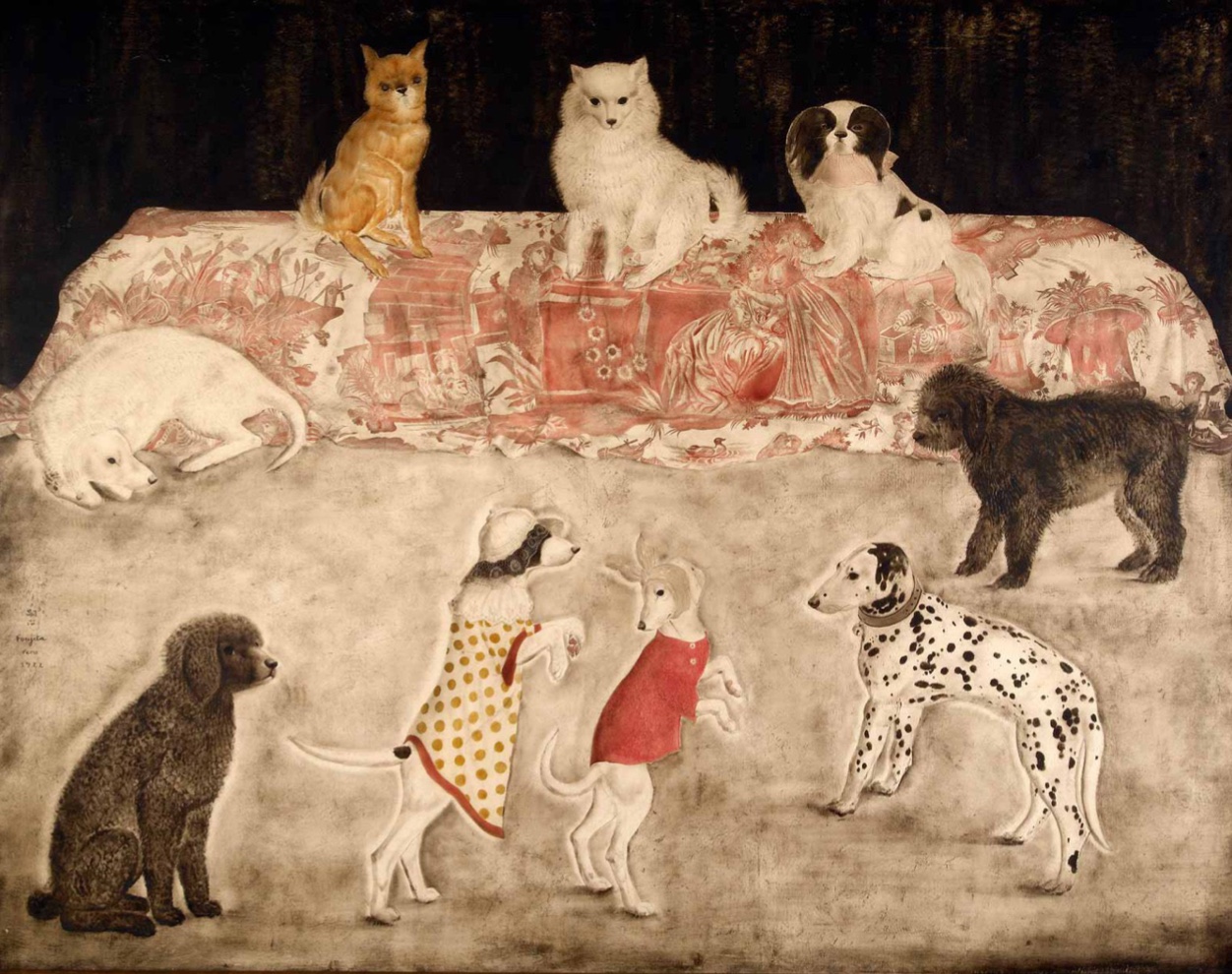

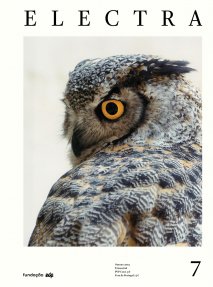
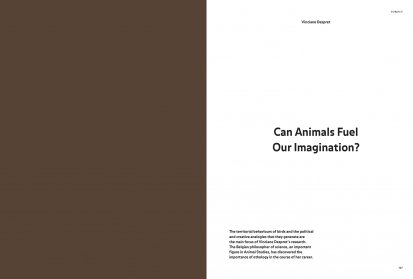
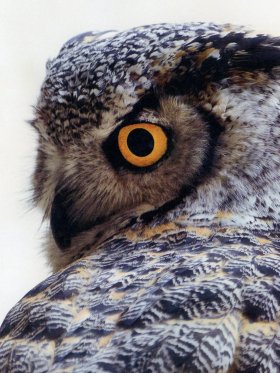
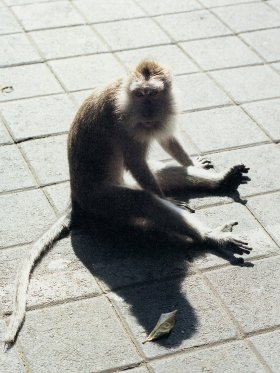
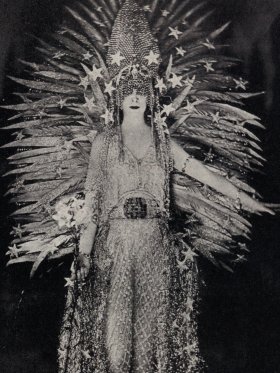
Share article